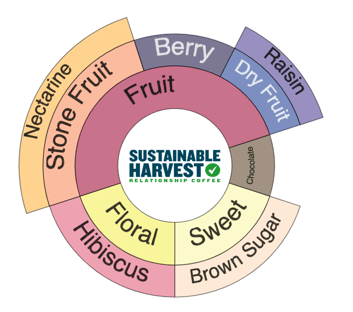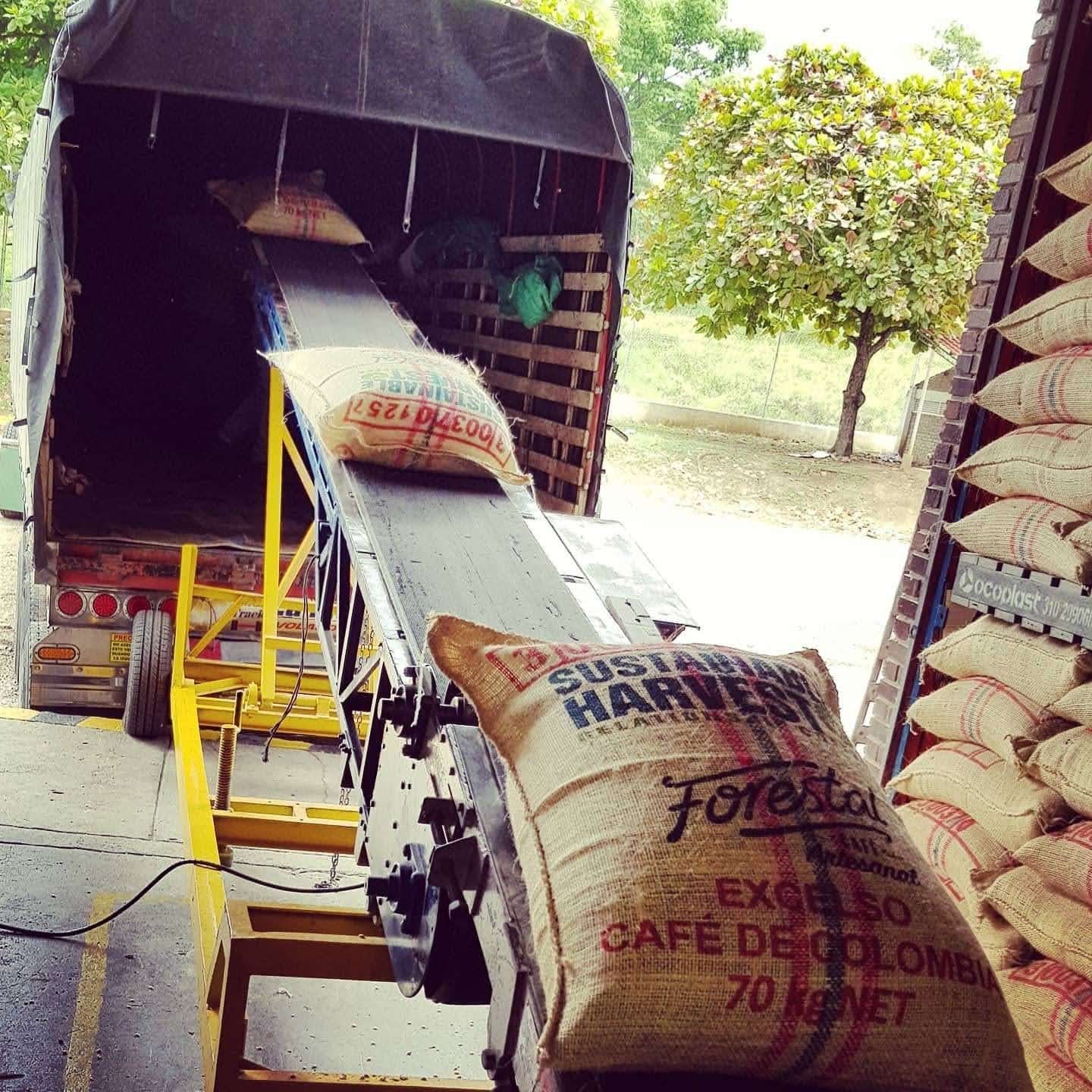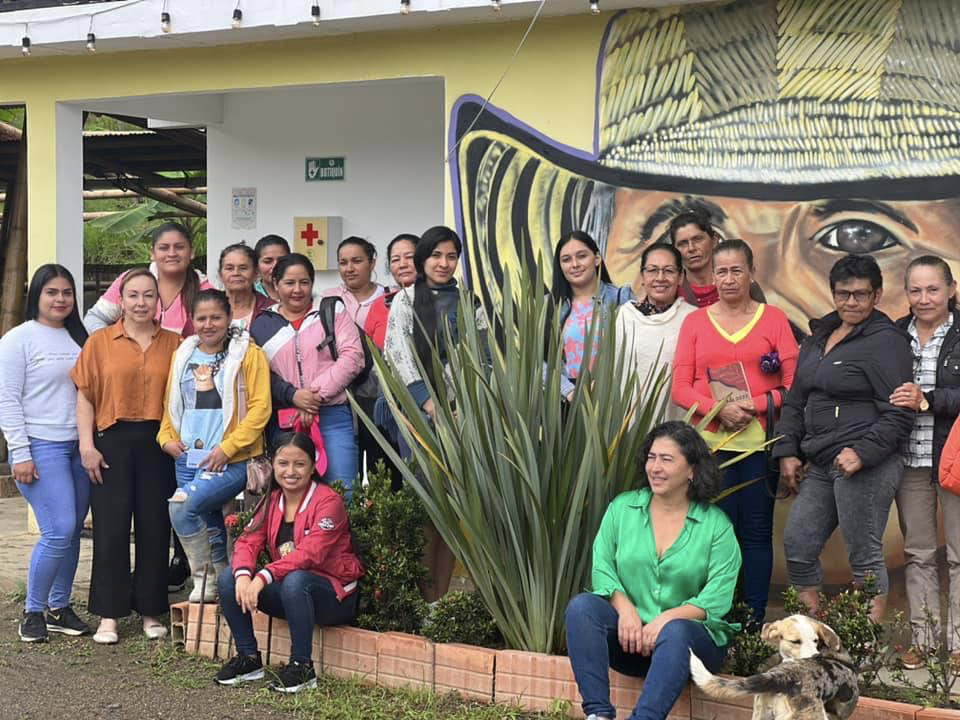

Families grow with Forestal, and members live on the lands they cultivate together with their families. They are direct beneficiaries of the economic results of the forestry project, therefore every Forestal coffee bean that is consumed brings prosperity to its members .
Zapatoca is known as the city with a silky climate and is home to the coffee plantations of the Santa María farm, located a few kilometers from the Serranía de Los Yariguies, a nature reserve made up of moors, sub-moors, humid and tropical Andean forests. Oswaldo Ardila and his family manage the organic coffee plantation, as well as the livestock and sheep farming that coexist with the coffee ecosystem, used as a natural control for unwanted weeds in coffee cultivation. Little by little, the Santa María farm built forests, generating the necessary ecosystem for the natural development of coffee; today, it is an example of perseverance in favor of nature.
For some years now, the Santa María farm has been building post-harvest protocols according to environmental and physical conditions.

2296 West Commodore Way Suite 220
Seattle, WA 98199
503-235-1119